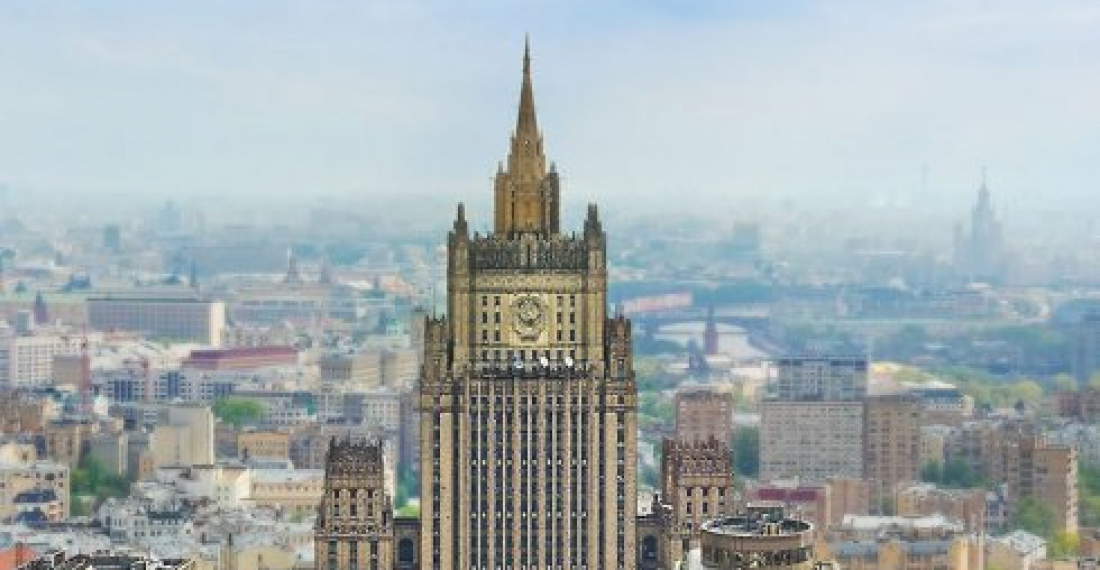The Russian Foreign Ministry has issued a travel warning for its citizens travelling to Azerbaijan. The travel advisory published on the Ministry's website says,
"Under the pretext of the unresolved Nagorno-Karabakh conflict, the Azerbaijani border service continues to refuse to allow persons, regardless of citizenship, to have direct or indirect signs of belonging to an Armenian nationality to enter the country. It is motivated by the inability to ensure the personal safety of such persons.
Repeated appeals of the Russian side to the Azerbaijani side about the inadmissibility of discriminatory actions based on ethnicity against the citizens of the Russian Federation arriving in Azerbaijan Republic are ignored.
Taking into account the above circumstances, we strongly recommend that Russian citizens carefully plan the possible risks when planning trips to Azerbaijan."
Earlier various media outlets reported that Russian citizens with Armenian names had been denied entry at Baku airport.
source: commonspace.eu
photo: The Russian Foreign Ministry building in Moscow (archive picture)






